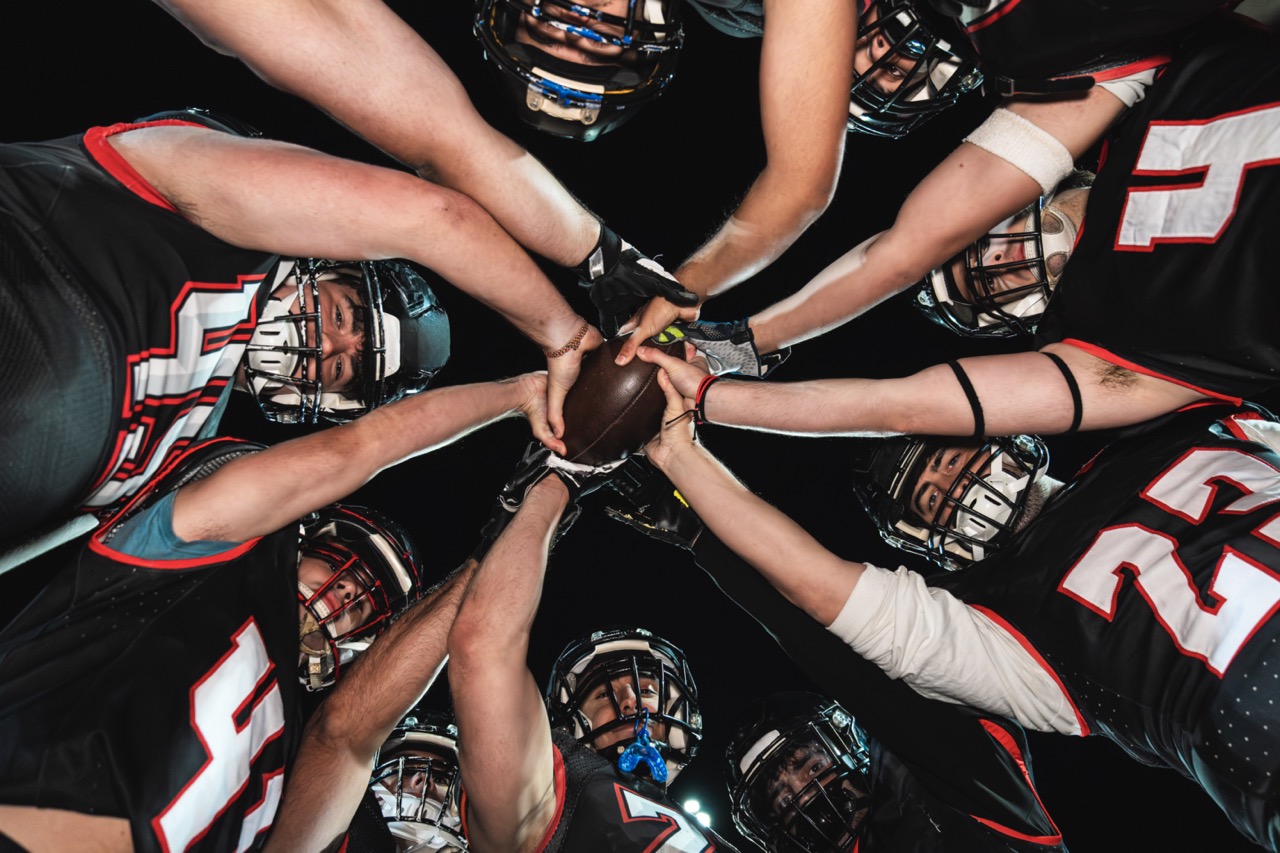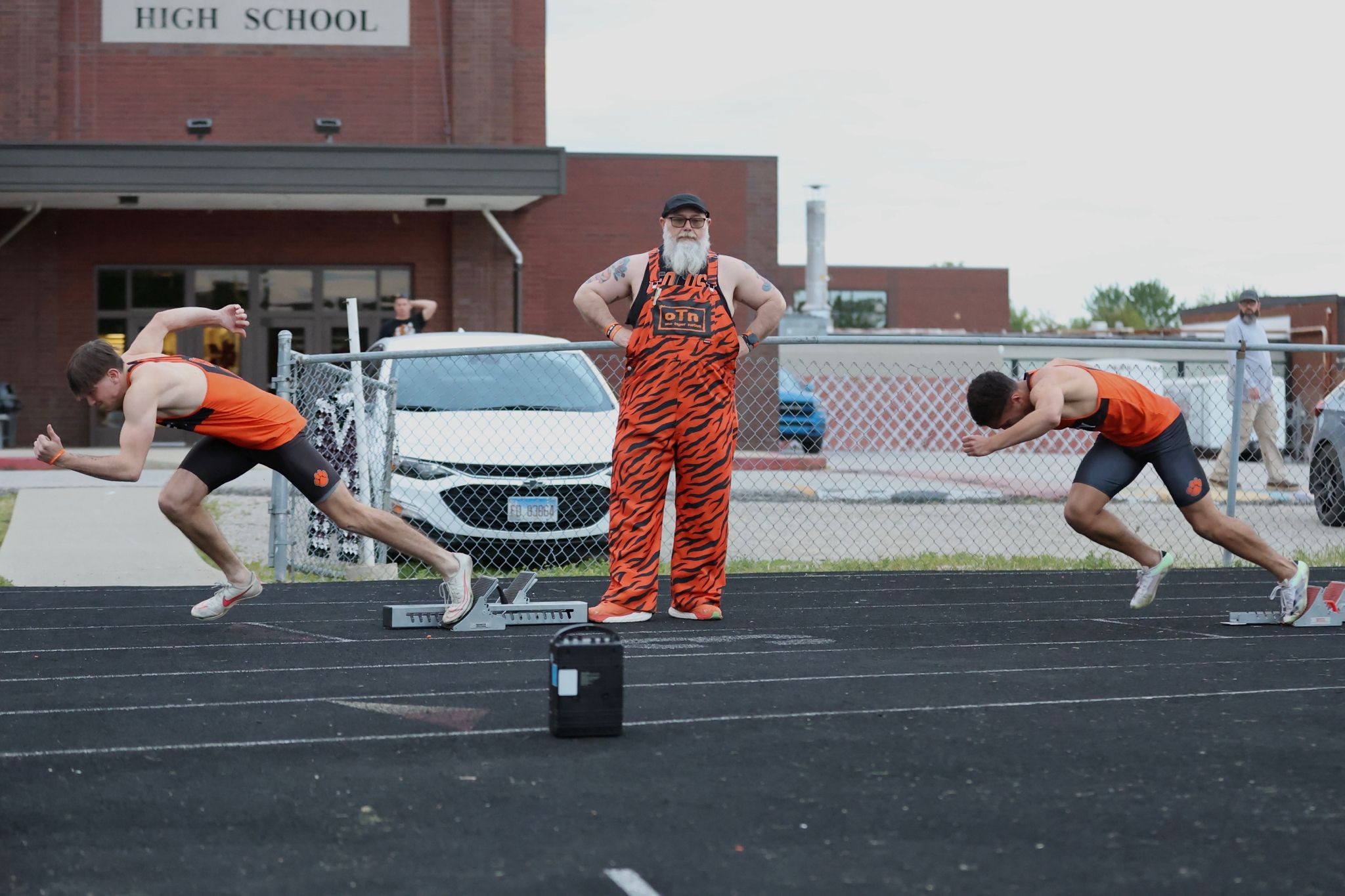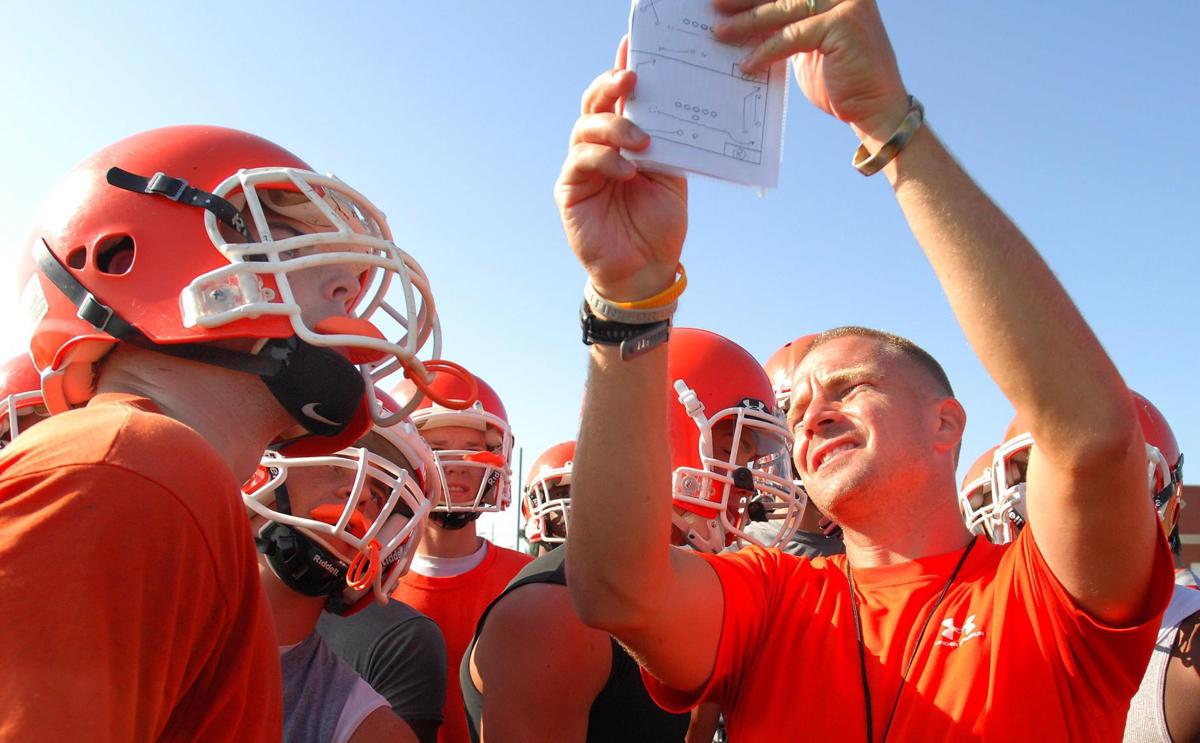The Power of Positive Team Culture: How Winning Environments Shape Student-Athletes for Life

When it comes to building successful sports programs, the scoreboard rarely tells the whole story. The true legacy of a coach or team isn’t just in championships or records – but in the habits, values, and growth mindsets that athletes take into the world. In an era marked by immense pressure on young athletes, fostering a positive team culture is perhaps the most powerful—and overlooked—factor in long-term athlete development.
Why Team Culture Matters More Than Talent
A positive team culture establishes trust, accountability, and a sense of belonging where athletes feel seen and valued for more than their statistics. Studies show that teams with a supportive atmosphere not only outperform on the field, but also report higher levels of enjoyment and retention, lower stress, and a greater willingness to push through adversity. Coaches who actively build this type of environment see ripple effects: athletes are more likely to lead, encourage others, and develop resilience that serves them well long after graduation.
Foundations of a Winning Team Environment
- Clear Core Values:
The best teams have values that are lived daily – not just framed on a wall. Examples include effort, respect, and selflessness. - Open Communication:
Effective communication isn’t just for games – it means check-ins, clear feedback, and platforms where every player’s voice matters. - Growth Over Perfection:
When mistakes are treated as learning opportunities, teams innovate, adapt, and develop unshakable confidence as a unit. - Accountability with Compassion:
Accountability shouldn’t be synonymous with fear. Great coaches inspire discipline through high standards and deep care.
How Coaches Influence Culture (For Better or Worse)
Every word, response, and decision from a coach shapes the environment. Building a positive team culture is not about being easy on athletes; it’s about setting expectations, creating psychological safety, and modeling the behaviors you want to see. Coaches who invest in player relationships – knowing athletes’ stories, challenges, and goals – build trust that translates directly to effort and buy-in on the court or field.
The Role of Peer Leadership
Culture isn’t dictated top-down – it spreads across a team. Encouraging peer leadership and empowering athletes to support one another creates a stronger bond and increases accountability. Athlete-led initiatives, such as team meetings or mentorship groups, often generate more meaningful change than coach-driven mandates.
The Mental Game: Why Mindset Work Matters
Too often, technical skills are prioritized over mindset development. Yet studies and championship programs both confirm: teaching mental toughness, self-talk, goal setting, and emotional regulation are keys to thriving under pressure. Teams that practice gratitude, resilience, and reflection together are more likely to persist through setbacks and come out stronger.
Creating Inclusive Environments: Diversity Is Strength
Winning cultures are intentionally inclusive. When athletes with different backgrounds and strengths are welcomed and celebrated, the team becomes more creative, resilient, and adaptable. Inclusion is more than a buzzword – it’s a competitive advantage rooted in respect and openness.
Building Culture in a Post-COVID World
Today’s student-athletes face unprecedented anxiety, burnout, and uncertainty. Coaches have both a challenge and an opportunity to build environments that not only produce wins but also safeguard mental health and teach life lessons that extend far beyond sport. Community service initiatives, mental health workshops, and emphasizing character alongside competition are just a few ways to move in this direction.
Conclusion: The Legacy of a Winning Culture
Championship banners fade, but the impact of a positive team culture can last a lifetime. Coaches who prioritize mindset, relationships, and environment are forging athletes who win at life, not just at sport.
Whether you’re a coach seeking to elevate your program, a parent supporting an athlete, or a student-athlete yourself, remember: greatness begins with the culture you help create. Invest in it, nurture it, and watch your team (and your players) soar.
Want to deepen your team’s mindset and culture?
Contact Mental Mettle Coaching at coachthomann@gmail.com or visit www.mentalmettlelifecoaching.com for workshops, one-on-one coaching, and customized programs built for teams who want to win—on and off the scoreboard.
Are you ready to forge your mettle?
More From Mental Mettle

Episode 130: Happy Thanks"taking"

Episode 129: A Coach Looks at 50

Episode 128: Basketballs and Bibles with Robo Kreps

Episode 127: From Courts to Fields: 30 Years of Klay Wheeler's Coaching Insights

Episode 126: Building Mental Strength Take Mental Tools with Jason Drengwitz

